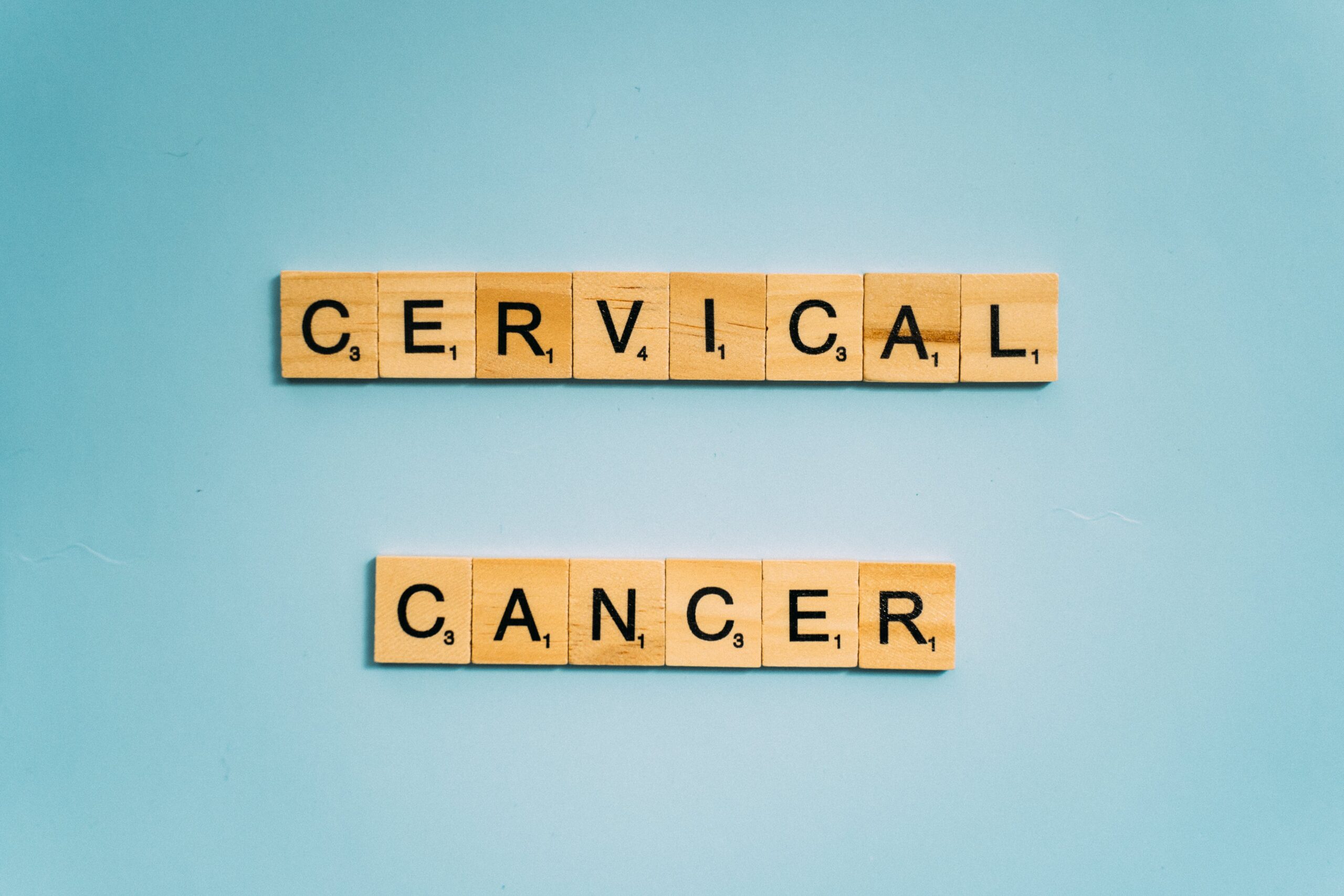Cervical cancer is a leading cause of cancer-related deaths in women worldwide. In 2020, there were approximately 604,000 new cases of cervical cancer and 342,000 deaths. That is why it is so important to learn how to reduce your risk. Let’s go over some signs, and symptoms of cervical cancer as well as some prevention methods to reduce your risk of cervical cancer.
Signs & Symptoms Of Cervical Cancer
Generally, if you are in the early stages of cervical cancer you may not have any symptoms. In most cases, symptoms are absent until the cancer grows and spreads into nearby tissue. When this happens, the most common symptoms are:
Abnormal vaginal bleeding – This could be bleeding after vaginal sex, bleeding after menopause, bleeding and spotting between periods, or having (menstrual) periods that are longer or heavier than usual.
Unusual discharge – The discharge may contain some blood and may occur between your periods or after menopause.
Other symptoms – Pain during sex and pain in the pelvic region
Possible Signs & Symptoms When The Disease Has Advanced
- Edema/swelling of the legs
- Urinary and bowel irregularities
- Hematuria – blood in the urine
If you notice any of these symptoms, you should see a doctor immediately. Even though these signs could be caused by different health issues, ignoring them may allow a potential problem to worsen, making it harder to treat successfully. Getting prompt medical help ensures a proper evaluation and increases the chances of a positive outcome.
Ways You Can Help Prevent Cervical Cancer
Discuss HPV Risk and Vaccination Benefits with Your Healthcare Provider – Have a conversation with your healthcare provider to assess your risk for new HPV infections and understand the advantages of getting the HPV vaccine.
Request Cervical Cancer Screening During Gynecological Visits – When you visit your gynecologist, ask them to conduct cervical cancer screening tests to either prevent cervical cancer or detect it at an early, more treatable stage.
Consistent Cervical Cancer Screenings, Even with HPV Vaccination – Keep up with routine cervical cancer screenings, even if you have completed all recommended doses of the HPV vaccine. Regular screenings remain essential for comprehensive health monitoring.
Practice Safe Sex and Regularly Screen for STIs – Prioritize safe sexual practices and make it a habit to get screened regularly for any sexually transmitted infections (STIs). This proactive approach contributes to overall well-being.
Quit Smoking to Lower Cervical Cancer Risk – You can reduce your risk by quitting smoking. A smoke-free lifestyle positively impacts your cervical health and complements other preventive measures.
Remember, open communication with your healthcare provider and consistent health practices are key elements in maintaining cervical health and overall well-being. At GYN Women’s Centre of Lakewood Ranch, we offer compassionate care for every woman. Make your appointment today.


